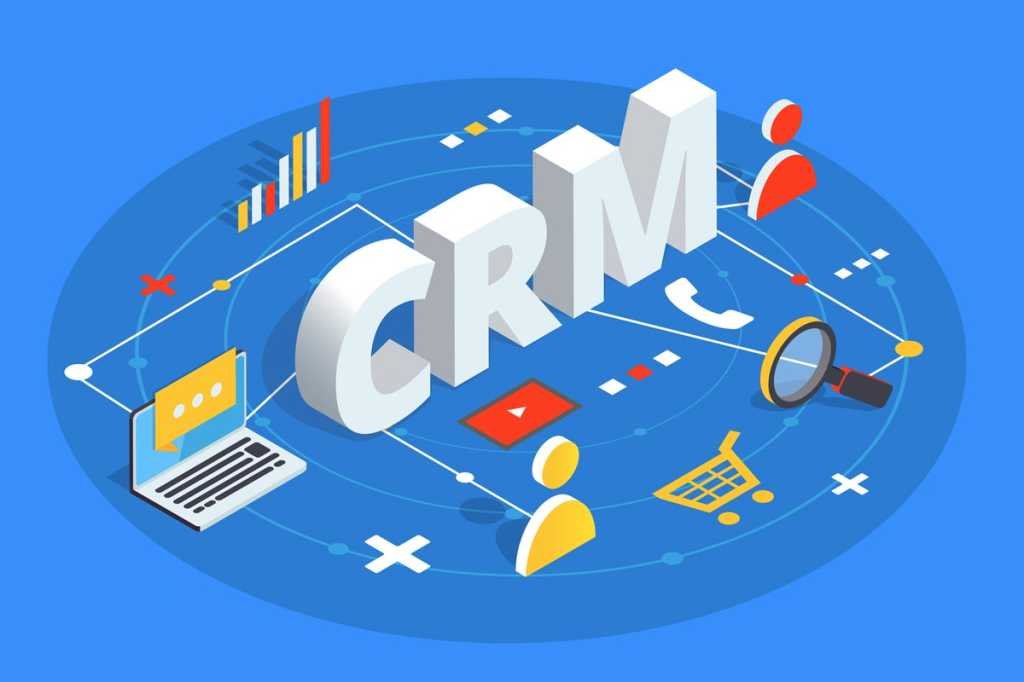-
Customer Data Management: The CRM application allows businesses to store and manage customer information in a centralized database. This includes contact details, communication history, purchase history, preferences, and any other relevant data. The data can be easily accessed and updated by authorized users.
-
Contact Management: The CRM application provides tools to manage and organize customer contacts. It allows for creating and updating contact records, tracking communication activities, and associating contacts with specific accounts or opportunities.
-
Sales Automation: CRM applications often include sales automation features to streamline and automate the sales process. This can include lead management, opportunity tracking, pipeline management, quote and proposal generation, sales forecasting, and order management.
-
Marketing Automation: CRM systems may include marketing automation capabilities to support targeted marketing campaigns. This can include lead nurturing, email marketing, campaign management, customer segmentation, and tracking campaign performance.
-
Customer Service and Support: CRM applications provide functionalities to manage customer service and support interactions. This can include ticketing systems, case management, knowledge base management, self-service portals, and customer feedback management.
-
Reporting and Analytics: CRM systems offer reporting and analytics tools to gain insights into customer data, sales performance, marketing campaigns, and customer service metrics. These tools enable businesses to track key performance indicators (KPIs), generate reports, and make data-driven decisions.
-
Integration Capabilities: CRM applications can integrate with other systems and applications to streamline data flow and enhance functionality. This includes integration with email clients, calendars, social media platforms, marketing automation tools, e-commerce platforms, and ERP systems.
-
Mobile Access: CRM applications may offer mobile access, allowing users to access and update customer data, manage tasks, and track sales activities on-the-go through mobile devices.
-
Security and Data Protection: CRM systems prioritize data security and implement measures to protect customer information. This includes user authentication, data encryption, access controls, and compliance with data protection regulations.
-
Customization and Scalability: CRM applications can be customized to align with the specific needs and processes of a business. They should also be scalable to accommodate growing customer databases, user numbers, and expanding business requirements.

